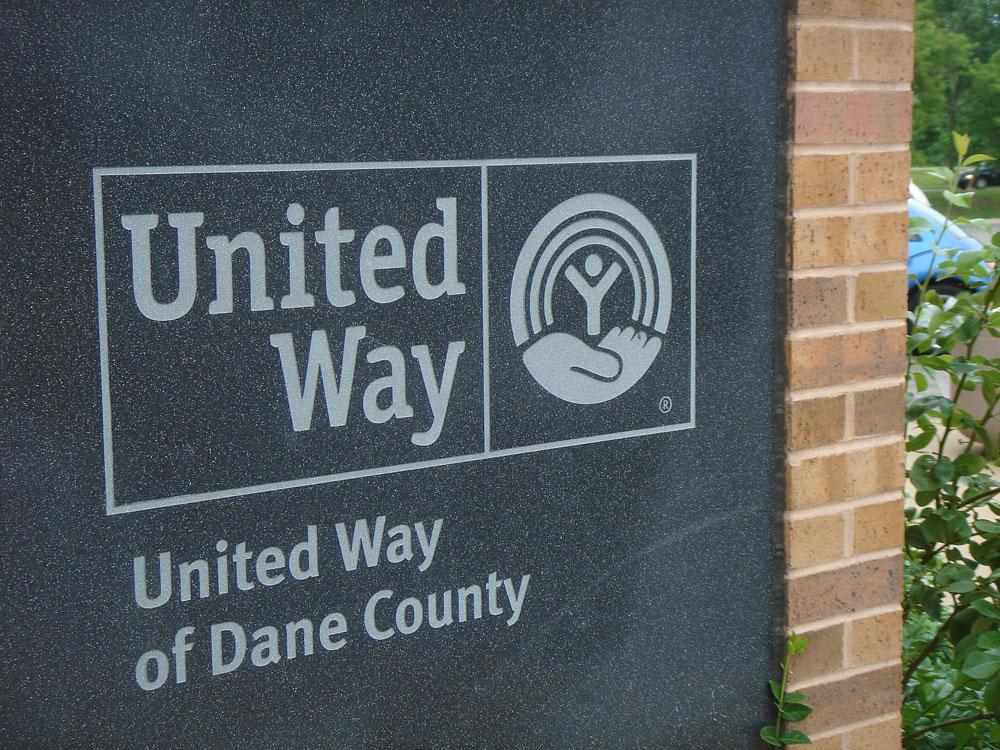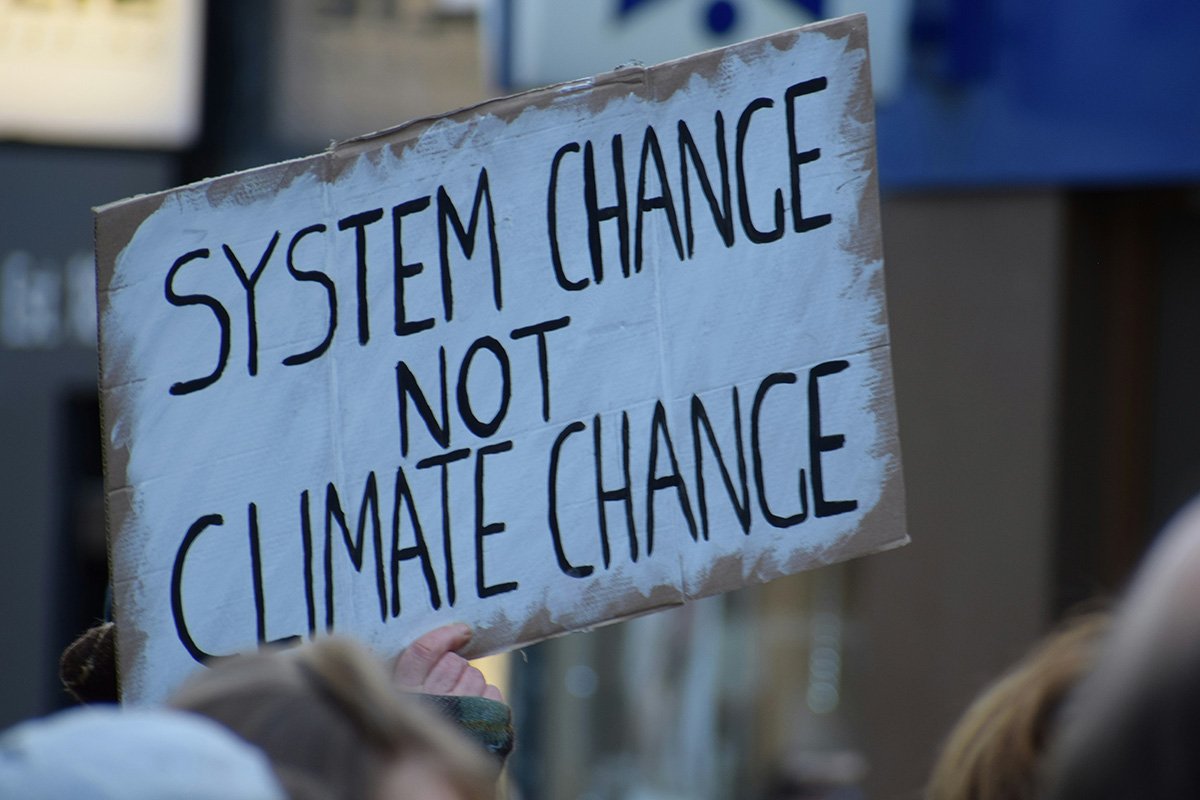
March 3, 2020; Capital Times (Madison, Wisconsin)
The United Way in Madison, Wisconsin has chosen to follow the route of many others by announcing its new “focus,” complete with a reduced slate of funded affiliates. This is one of a handful of strategies United Ways around the country have been cycling through as they struggle to stay relevant and fundable in a world with less call for their intermediation.
One year ago, Renee Moe, the president and CEO of Dane County’s United Way, explained a rationale for change to her stakeholders, donors, community members, and funded agencies in comments reported by the Capital Times. “We don’t just want to help; we want to solve the root cause to the problems. That’s why United Way is changing the way we go about investment decisions.”
Investing one’s way out of systemic inequality is not a new or novel idea, to say the least, and it mirrors a nationwide United Way ALICE (Asset Limited, Income Constrained, Employed) focus (detailed in NPQ in 2018) that apparently newly recognizes that because “problems facing ALICE families are interconnected, effective solutions must be, too.”
We should repeat what Carole Levine noted when we first wrote about the effort: “This, in NPQ’s opinion, is an excellent use of a network that has often appeared to be confused as to its role in a rapidly changing environment. The focus behind the idea’s implementation will be critical. Will the work have a sharp equity lens or a muddled charity orientation?” Here, we refer you to the United Way’s national policy agenda, so you can judge for yourself what we might be looking at.
The new framework in Dane County emerged after several years of study and review; it was described as United Way of Dane County’s “first step toward multi-generational, holistic strategies that support families with young children [and] cross-system collaboration with the redesigned investment process…toward providing a structure for better coordination and systems-level change.” It’s a lot of verbiage that essentially asks donors to believe that it’s a lack of strategy, coordination, and focus that has prevented the community-based agencies they were supposed to be raising money for from solving problems caused by deep and ever-worsening national inequities.
When the change was put forward, UW leadership acknowledged it needed careful implementation. Lauren Martin, senior director of cross-systems collaboration at United Way, said, “Whenever you’re talking about changing the allocation of resources, people get a little nervous about that. United Way, I trust they’re going to make sure it’s managed well.”
Maybe not everyone had such high levels of trust, however, and for some of those left out, the shift has been a bitter pill to swallow, especially over the past week, when the UW announced in a one-way communication that it was allocating $19.2 million to 53 organizations operating 118 programs that focus on families with children from birth to 5-years old and those dedicated to finding permanent housing for families.
Some traditional affiliates seemed surprised not only by being left out but also by the way the news was delivered. Bob Power, CEO of the Colonial Club, a senior serving organization that has been funded by the United Way of Dane County for 47 years, was shocked to see his agency’s funding cut.
“The way it was handled was disappointing,” Power says. “I got a voicemail about it. No face-to-face, no time to understand what they were thinking.” Their United Way grant was used to fund its case management program and supportive home care, presumably not something for which they are seeing any decline in need. The move reinforced previously expressed concerns that senior-serving organizations were to be left out of the new focus. At that time, Moe was reported to have explained that there are around 13,000 children living in poverty in the county compared to 3,100 older adults living in poverty.
Sign up for our free newsletters
Subscribe to NPQ's newsletters to have our top stories delivered directly to your inbox.
By signing up, you agree to our privacy policy and terms of use, and to receive messages from NPQ and our partners.
“We’re looking at the most vulnerable populations, and we’re getting at where donors with private donations can get the largest results,” she said.
Power said he attended a meeting in the fall with nonprofit leaders and United Way officials. He said he was disappointed that Moe did not attend that meeting and that she responded to his concerns weeks later with a brief voicemail.
“The CEO of United Way didn’t even come to that meeting, her staff took care of that. I would just think as an executive director, as I’ve been for 21 years, the CEO takes the good news and bad news,” he said. “So that was disappointing as well.”
Boys and Girls Club of Dane County president and CEO Michael Johnson shared Powers’ distress. “We were shocked by the level of the cut given that we serve kids of color in two of the most challenging neighborhoods in all of Madison. We’ve got to figure out how to plug that gap. Based on our relationship with United Way, I would have thought they would have given us notice.”
Johnson said he was informed just two weeks before the start of the new fiscal year that United Way would be cutting $76,000 for his organization’s middle school and teenage after-school programs. Johnson said he was forced to scramble in order to figure out what the club will do to maintain the services.
“We serve more kids than any other nonprofit in Dane County and we were told that they support kids of color,” Johnson said Friday. “Renee [Moe] said that when they get more funding we’ll be the first ones back on the list, but we’re not going to hold our breath. We pretty much got two weeks notice and they cut our teen programming at our facilities.”
“I’m not throwing them under the bus,” Johnson stresses, “because it’s their organization and they can do what they choose, but I think we need a level of transparency that we’re not seeing.”
As Power puts it, the needs of old people is old news. “Grant and revenue sources like United Way aren’t terribly interested in supporting existing programs. Everyone wants to give you money to do a great new project, and then you’re kind of on your own.”
For leaders of the United Way, and for others making changes that can affect longtime partners and stakeholders in whose names they have fundraised—sometimes over decades—the questions that arise include: Are affiliates really on their own? Shouldn’t there be a plan in place to ensure a safe, soft landing? Or is ending a grant like closing a store or a factory—just a matter of what your organization needs to do to distinguish itself for even a few more years with local funders?—Ruth McCambridge and Martin Levine










